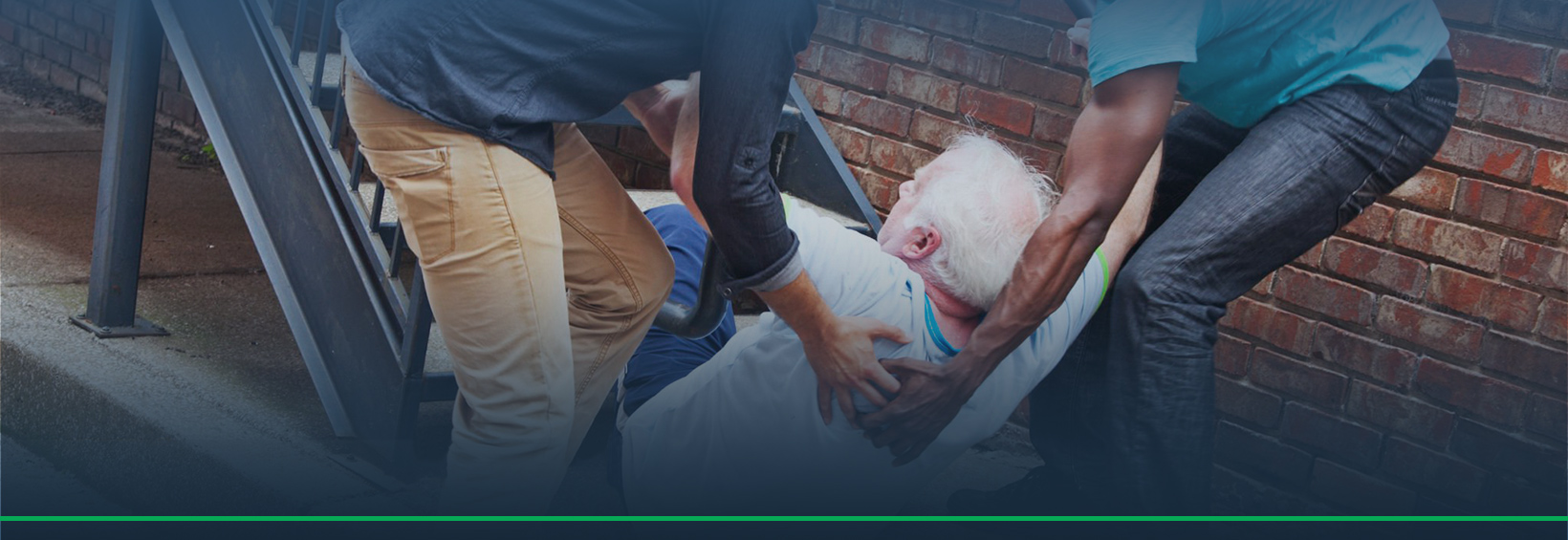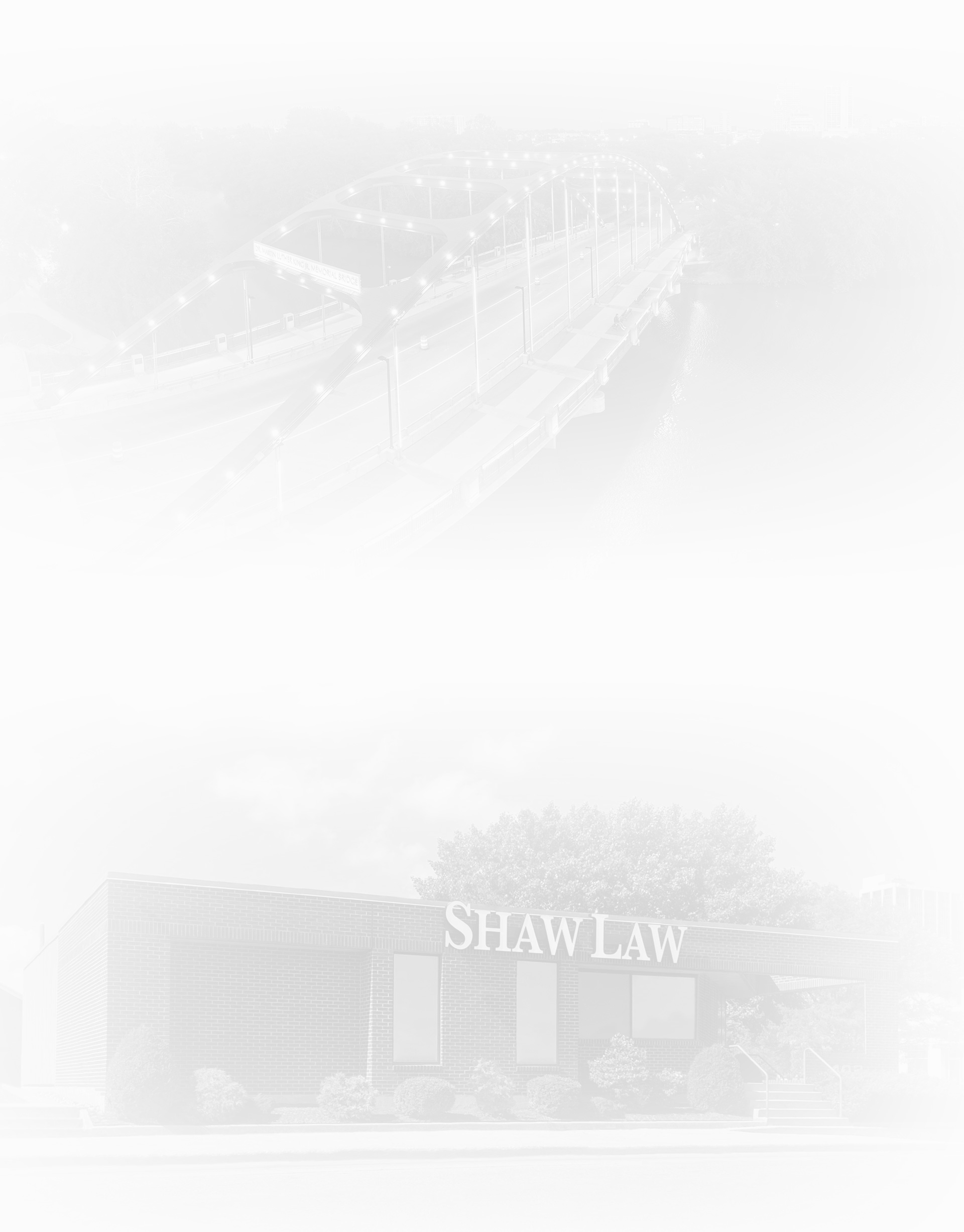
Restaurant Slip and fall
Perhaps the most common slip and fall we hear at Shaw Law involves the customer who is injured by slipping on a liquid substance in a restaurant in Indiana. That's when you need an experienced attorney like ours at Shaw Law who will be there for you when you are suffering from the devastating consequences of being hurt inside a restaurant.
Whether it was a spill that the staff inside the restaurant failed to clean up in fast enough time or another dangerous condition about which you were never warned, sustaining an injury in a restaurant should never be overlooked.
Restaurants owe their customers the highest duty of care -- to exercise reasonable care to protect them from injuries. This could mean a variety of things such as providing warnings of known slippery or liquid substances on a floor, providing a safe entry and exit from the restaurant, fixing defective equipment like soda machines from leaking onto tile floors or just performing adequate timely and periodic inspections of the restaurant to make certain unreasonably dangerous conditions do not exist.
The most common defense in restaurant slip and fall cases is that the landowner did not have "notice" of the unreasonable dangerous condition such that he or she had enough time to clean it or otherwise remedy the situation. This is often the defense in cases involving spills of soda or other liquids at fast food restaurant soda machines, where it has now become commonplace for customers to fill their own restaurant-supplied cups with ice and beverages.
The landowner will often provide inspection sheets showing regular timed intervals (every one-half hour) of the soda area and allege that more frequent inspections are not reasonable in nature when running a business for profit. Additionally, some businesses will attempt to avert a verdict or finding of negligence by placing a ubiquitous warning sign 24/7 (yellow plastic triangular signs) that display "Caution -- Slippery When Wet." The landowner will argue that the warning sign placed by the soda machine should provide a warning to all customers to be careful in that area for spilled drinks and beverages. This warning sign is placed in the area at all times, regardless of whether any spill exists or not. This defense has been successful for many restaurant owners. (Convenience stores also provide the ever-present warning signs in entrance and exits to the store during inclement weather to provide a defense of "warning" to those people who slip and fall on melted snow or ice brought in on the feet of other customers).
We also receive a lot of people who slip in entrances on "mats" or other protective fabrics or plastic runners in restaurants and stores. Mats have a very specific purpose -- to keep floors dry -- and often we have found that store owners fail to keep the mats dry or secure them with backings that keep the entrance mat from moving when stepped upon. There are numerous codes and guidelines regarding proper placement and maintenance of entrance mats and other protective non-skid materials designed to keep entrances and exits safe for customers.
This defense is not valid.
Shaw Law has been victorious in trials and court against the omnipresent warning sign by arguing that customers are immune to an ever-present sign due to human factors. A sign that is present inside a restaurant or convenience store during times when the floor is actually slippery (and when it is not) leads customers to ignore the warning. It is more reasonable that the restaurant (or store) perform timely inspections and clean up messes it finds rather than trying to "trick" or "game" the law.
When you are injured at a restaurant by a slip and fall on melted ice or snow, or by the spilled drinks near the soda machine, or by mopping in the restrooms, call Shaw Law at (260) 777-7777.
